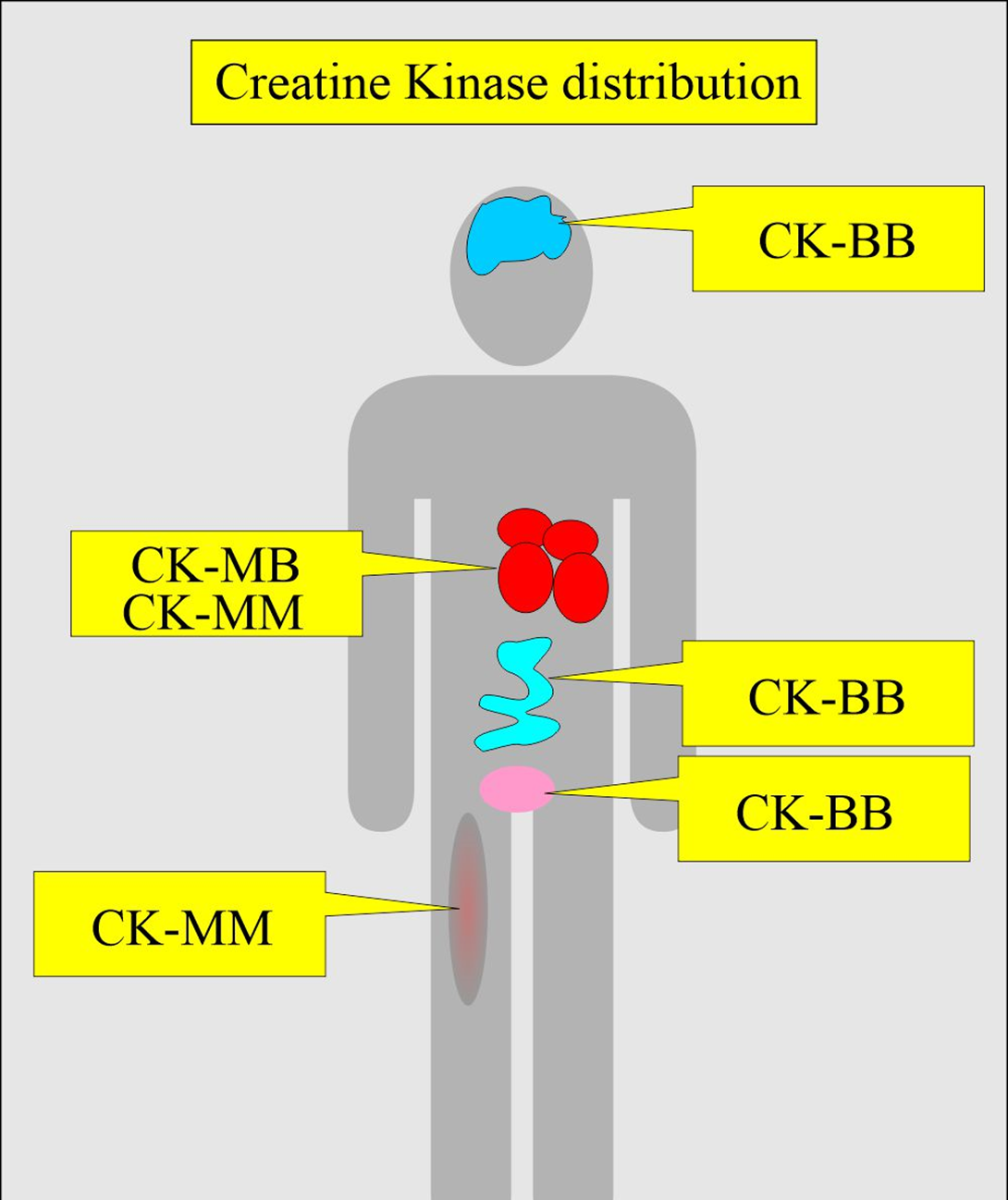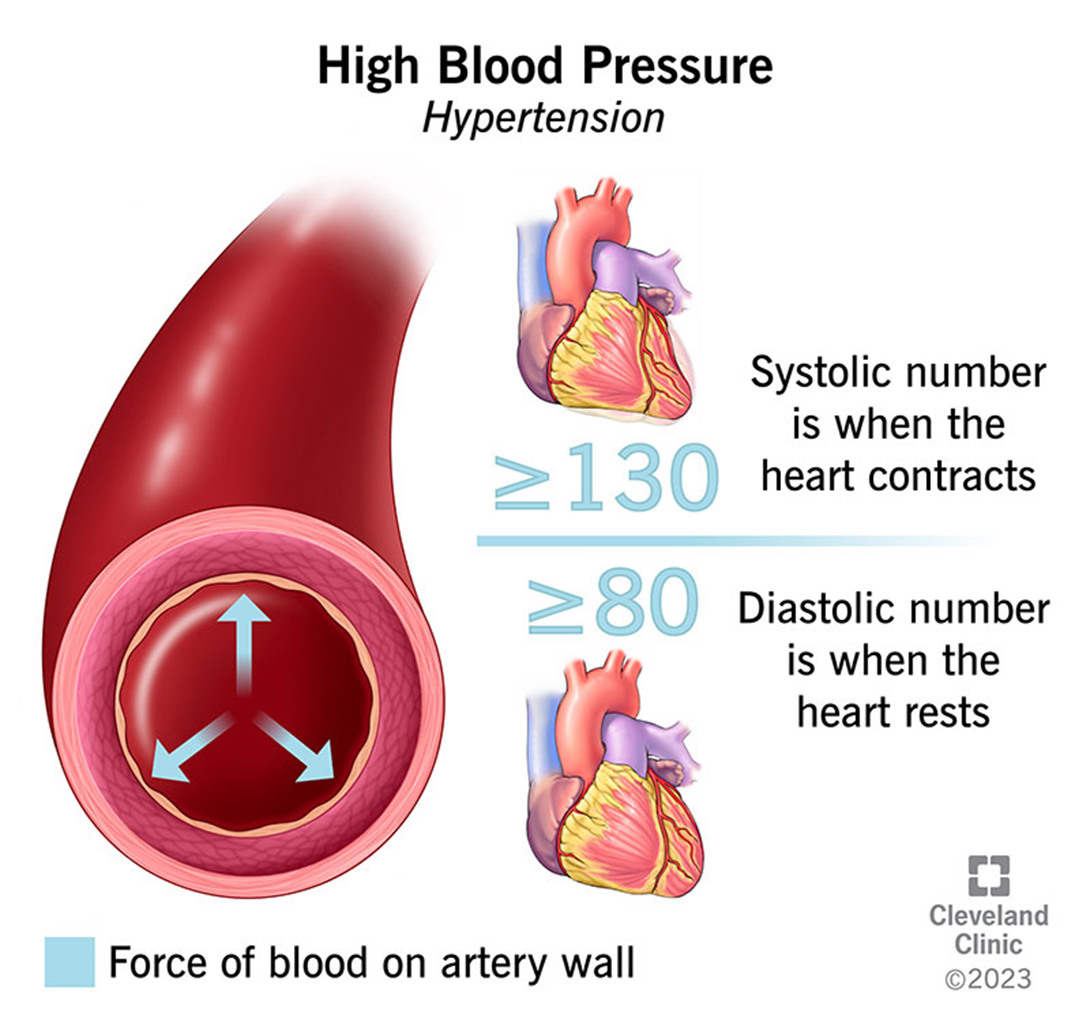A client taking atorvastatin develops an increased serum creatine phosphokinase (CK) level. The nurse should assess the client for the onset of which problem?
Muscle tenderness.
Nausea and vomiting.
Excessive bruising.
Peripheral edema.
The Correct Answer is A
Choice A reason: Muscle tenderness is a sign of myopathy, a rare but serious adverse effect of atorvastatin and other statins. Myopathy is characterized by muscle weakness, pain, and elevated CK levels. CK is an enzyme that is released when muscle tissue is damaged. The nurse should monitor the client for muscle tenderness and report any changes to the prescriber.
Choice B reason: Nausea and vomiting are common side effects of atorvastatin, but they are not related to CK levels. The nurse should advise the client to take the medication with food and fluids to minimize gastrointestinal discomfort.
Choice C reason: Excessive bruising is not a typical side effect of atorvastatin, nor is it associated with CK levels. The nurse should assess the client for other possible causes of bleeding, such as coagulation disorders, trauma, or drug interactions.
Choice D reason: Peripheral edema is not a common side effect of atorvastatin, and it is not related to CK levels. The nurse should assess the client for other signs of fluid retention, such as weight gain, shortness of breath, or jugular venous distension. The nurse should also check the client's blood pressure and heart rate, as peripheral edema may indicate heart failure or hypertension.

Nursing Test Bank
Naxlex Comprehensive Predictor Exams
Related Questions
Correct Answer is C
Explanation
Choice A reason: Diarrhea is not a contraindication for phenylephrine, which is a decongestant that reduces swelling and mucus in the nasal passages. However, the nurse should monitor the client's fluid and electrolyte balance and provide adequate hydration.
Choice B reason: Bronchitis is not a contraindication for phenylephrine, which may help relieve some of the symptoms of bronchitis, such as nasal congestion and cough. However, the nurse should also encourage the client to use other measures, such as steam inhalation, expectorants, and rest.
Choice C reason: Hypertension is a contraindication for phenylephrine, which can increase blood pressure and heart rate by constricting blood vessels. The nurse should report this condition to the healthcare provider and withhold the medication until further orders.

Choice D reason: Edema is not a contraindication for phenylephrine, which does not affect fluid retention or distribution. However, the nurse should assess the cause of edema and monitor the client's weight and urine output.
Correct Answer is A
Explanation
Choice A reason: Baclofen is a muscle relaxant that can cause drowsiness, dizziness, and orthostatic hypotension. These side effects can increase the risk of falls and injuries for the client. Therefore, the nurse should advise the client to move slowly and cautiously when rising and walking, and to use assistive devices if needed.
Choice B reason: Evaluating muscle strength every 4 hours is not the most important intervention for the nurse to implement, as baclofen does not affect muscle strength directly. It may reduce muscle spasticity and stiffness, but it does not improve muscle function or coordination.
Choice C reason: Monitoring intake and output every 8 hours is not the most important intervention for the nurse to implement, as baclofen does not have a significant effect on fluid balance or renal function. However, the nurse should monitor the client for signs of urinary retention, which is a rare but possible adverse effect of baclofen.
Choice D reason: Ensuring the client knows to stop baclofen before using other antispasmodics is not the most important intervention for the nurse to implement, as baclofen can be used in combination with other antispasmodics under medical supervision. However, the nurse should educate the client about the potential drug interactions and contraindications of baclofen, and to consult the prescriber before taking any new medications.
Whether you are a student looking to ace your exams or a practicing nurse seeking to enhance your expertise , our nursing education contents will empower you with the confidence and competence to make a difference in the lives of patients and become a respected leader in the healthcare field.
Visit Naxlex, invest in your future and unlock endless possibilities with our unparalleled nursing education contents today
Report Wrong Answer on the Current Question
Do you disagree with the answer? If yes, what is your expected answer? Explain.
Kindly be descriptive with the issue you are facing.
